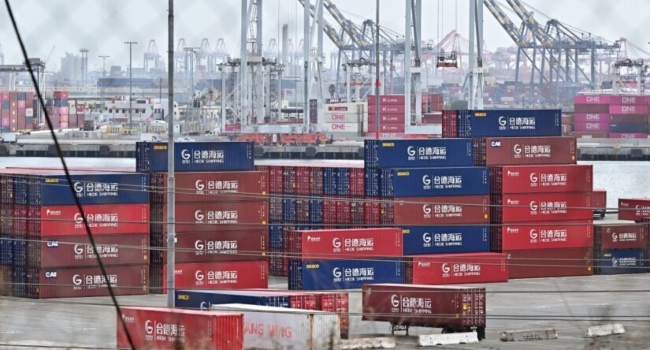US stocks closed with minimal movement on Thursday as investors digested a higher-than-anticipated inflation report and rising oil prices ahead of a pivotal meeting between US President Donald Trump and Russian leader Vladimir Putin. The Producer Price Index (PPI), a key measure of wholesale inflation, rose 0.9% in July—far exceeding expectations after earlier consumer price data had suggested subdued inflationary pressures.
Chris Zaccarelli, chief investment officer at Northlight Asset Management, described the PPI surge as a “most unwelcome surprise,” signaling inflation’s persistence in the economy despite consumers not yet feeling its full impact. He noted the data could temper expectations of a Federal Reserve rate cut in September, though markets still priced in a smaller 0.25% reduction. Jack Ablin of Cresset Capital Management echoed this, stating a larger half-point cut now appears unlikely.
Wall Street’s major indices—the Dow, S&P 500, and Nasdaq—ended the day virtually flat, fluctuating less than 0.1% from opening levels. European markets, however, edged higher, with Paris’s CAC 40 and Frankfurt’s DAX both climbing 0.8%, while London’s FTSE 100 inched up 0.1%. UK markets recovered from earlier losses after second-quarter GDP data showed the economy slowed less sharply than feared, despite newly implemented US tariffs.
Oil prices rose roughly 2%, with Brent crude closing at $66.84 and West Texas Intermediate at $63.96. Analysts linked the uptick to geopolitical tensions as traders braced for potential ripple effects from the Trump-Putin summit. Stephen Schork of the Schork Group highlighted market anxiety over the risk of stricter sanctions on Russian energy exports if talks sour, which could disrupt global oil supplies.
In corporate news, Intel shares jumped 7.4% following reports that the Trump administration is exploring a government investment in the semiconductor firm. Such a move would mark a notable shift from traditional US free-market policies, aligning with Trump’s increasingly interventionist economic approach.
Asian markets retreated earlier in the day, with Tokyo’s Nikkei 225 dropping 1.5% and Hong Kong’s Hang Seng slipping 0.5%. Currency markets saw the euro dip to $1.1657 amid weakening risk sentiment, while the dollar strengthened slightly against the yen.
The mixed global reactions underscore the fragility of investor confidence as markets weigh persistent inflation risks, shifting central bank policies, and geopolitical uncertainties. With the Fed’s rate decision and the outcome of US-Russia diplomacy hanging in the balance, traders remain cautious, bracing for potential volatility in the days ahead.



